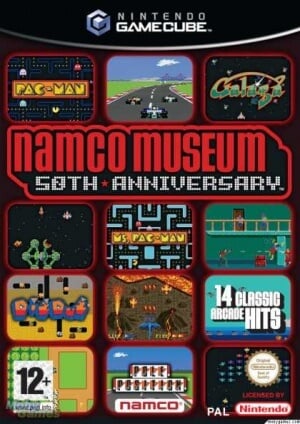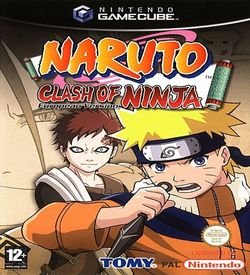
This began with Galaxian in September 1984, denoted with a “01” emblazoned on the cartridge label. MAYBE.įourteen months after the launch of Nintendo’s smash hit console in Japan, Namco waded out into the waters of internally developing ports of its arcade games for home releases.

I defy you to show me a Famicom/NES game with a more convoluted release history. It shares many features with the 5200 release, including the perspective of the maze, but is overall a sharper looking port and the music is closer to the arcade original.Īnd now, at long last, we have arrived at a moment I’ve been dreading since I set out on the good ship NamCompendium: the Famicom and NES ports of Pac-Man. Though never released commercially, the prototype is available if you are interested in looking for such things.

AtariSoft, responsible for the development of Atari titles on non-Atari consoles, had put together a prototype Pac-Man no later than 1984. The maze is the correct aspect ratio, the ghosts are all present, the sound is respectable (though the opening jingle is rough), and the game moves at a clip that shames Atari’s first turd of a port.įinally, a fun bonus before we get onto the actual purported content of this post: Pac-Man on the ColecoVision. The most comparable port to the Astrocade version is likely the 5200 release, to give you an idea of what sort of wizardry was at work here. The most interesting thing to note about the Astrocade’s Pac-Man clone is that the system was released alongside the Atari 2600 in 1977, yet the Astrocade version avails itself so much better than the VCS.
#Namco museum 50th anniversary gcn rom full
Needless to say, I will be leaving a full timeline of this game’s sordid release history to another chronicler of old games with more time and/or sanity to spend than I myself have. The game also made the rounds as Bally Astrocade enthusiasts began collecting ephemera around the system in the mid-1980s, as the system’s commercial life ended. The game was soft-released under a multitude of names in prototype form (Pacmen, No-Die, and even straight up Pac-Man) with various patches and tweaks, and sold/distributed as a newsletter exclusive in 1983 before (as best I can tell) entering some sort of retail launch phase. Muncher, aka Munchie (aka TEST PROGRAMME, aka DEMO) was a clone of Namco’s arcade hit developed by Esoterica and squashed directly by Atari in a court battle. With this Pac-Man clone, we enter a true sort of hell. We revisit the Bally Astrocade once more with Muncher. This is basically the polar opposite extreme from Crazy Gobbler. Choi, whose thankless work I am pleased to have highlighted and credited in the Giant Bomb Wiki. Nevertheless, the game moves at a reasonable pace and the mazes aren’t butchered. The sound, while certainly strident, feels distinctly like a late 1970s arcade game. The ghost count is reduced to three, two of whom have a tendency to travel on top of each other.

The Arcadia 2001 was not a particularly well suited console for false Galaxian, and Pac-Man also takes a beating here. Unlike Space Attack, he did not leave a date to help narrow the potential release window of the game however, I am comfortable with a “best guess” of around the same time frame as Space Attack, or Q3 1982.
#Namco museum 50th anniversary gcn rom code
He not only managed this, but left another dedication in the game’s source code with makes attribution possible. It appears that Emerson HQ not only assigned Andrew Choi the task of creating Space Attack (illegitimate Galaxian, not to be confused with that Space Attack), but also with delivering their own Pac-Man clone. As it happens, there are three such ports of low birth that I would like to touch upon before we enter the maelstrom of the Famicom and NES versions of Pac-Man.Īs best as I can tell (the date was good enough for our own Wiki), the first of these is Crazy Gobbler for the Emerson Arcadia 2001. In the Galaxian entry to this ongoing odyssey of chronicling Namco, I mentioned that there would be some additional airtime given over to covering some more unsanctioned ports of the presently considered arcade hit Pac-Man.


 0 kommentar(er)
0 kommentar(er)
